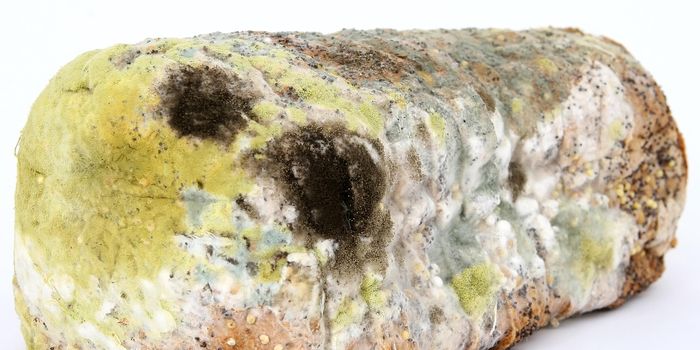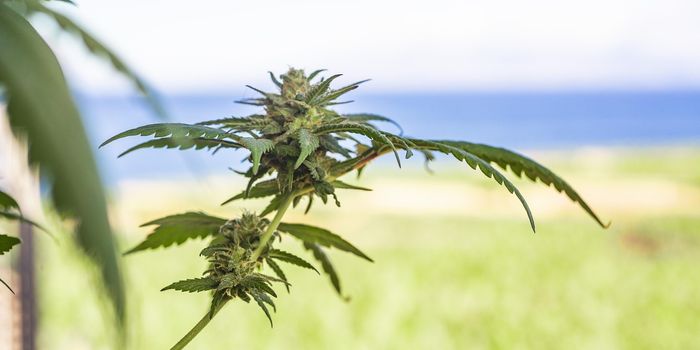Bear bile farms are expanding rapidly throughout Southeast Asia, particularly in China, Vietnam and Laos. Bear bile, which is extracted from Asiatic bears and Sun bears that are often seized from the wild and held captive in “farms” or bred in these farms themselves, is used in ancient medicines. It is supposedly helpful for liver diseases, although with conventional medicine, many alternatives exist.
While it was originally thought that these bear farms would help with conservation of bears in the wild, the opposite is now occurring, as the farms only continue the demand for bears and the bile in the market. A third of a teaspoon of bear bile can be sold for $15. While young bears may produce the highest quality bile, older bears may be sold for their body parts, also to be used in traditional medicine.

The most gruesome part of this trade is the conditions in which the bears are kept. Often in cages merely the size of their own bodies, the bears are denied social interactions and many sport rough hairless patches on their skin from rubbing up against the confined cage walls, both because of the lack of space and the stress of their lives. The bears are often declawed and detoothed so that they are easier to handle. Bears are hooked up to catheters and their bile is pumped out of their stomachs to be collected for the medicinal market. The process is excessively painful for the animals, as often a hole is carved into their abdomens and gallbladders to which a fistula attached so that bile can drip out. Yet this results in a dangerous consequence, as bacteria can easily enter the bears’ bodies through these holes and cause infections. Bears often die in the farms because of bacterial diseases and liver cancers, which poses a threat not only to the individual bears but to the consumers of the bile the bears produce.

“These bears are intelligent, beautiful animals, and unfortunately they are going the way of the tiger” states Luke Nicholson, the Laos Program Manager of Free the Bears.
There is currently a specific concern about an explosion in the bear trafficking trade in Laos, as the regulations in this poor country are extremely under-enforced.
However, the Free the Bears organization has had some success; this year they rescued six cubs and two adults from the trafficking trade and are now supplying the bears a safe and comforting refuge to live in.
Sources:
National Geographic,
Stop Animal Cruelty










